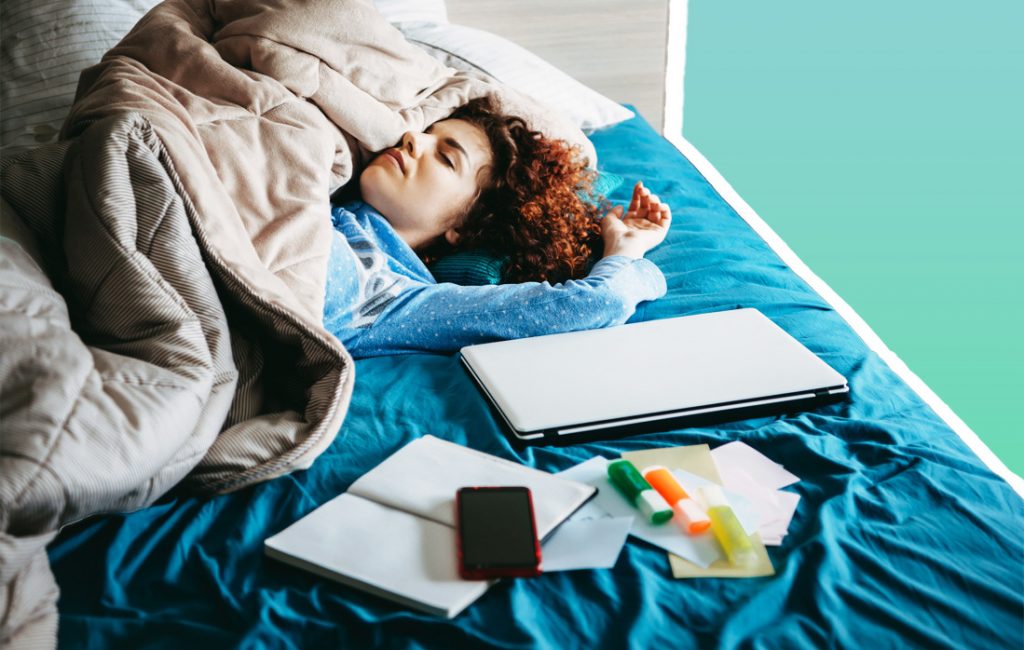
A new report from the meditation app Calm finds that people aren’t doing so well when it comes to sleep — and it has a negative impact on their mental health. Sleep woes can vary based on what generation you were born in, the data shows.
According to the research on almost 10,000 adults ages 18 to 65 from the US and UK, 91 percent of adults are not well-rested or feel tired at least some of the time (1). And 78 percent say their sleep quality is affecting their mental health. More than two out of every three adults say they need more than seven hours a night to improve their mental health, yet only one in three get the sleep they need.
(For more info on just how many people use screen time while going to bed AND waking up, check out Sleepopolis’s new report digging into the stats here.)
More than 75 percent of the respondents say they didn’t want to depend on sleep aids to get their Zs, but 42 percent cannot sleep without a little help. More than half of people use medication, alcohol, or cannabis to get to sleep.
How Are Gen Zers Sleeping Compared To Millennials?
There are generational differences when it comes to sleep. For example, Generation Z (born between 1996 and 2010) is 21 percent more likely than Millennials (born between 1981 and 1996) to stay up at night due to current events frequently or all of the time. They’re also 26 percent more likely to be kept up by prolonged technology use compared to Millennials.
Generation Z and Millennials have a hard time staying asleep; but 46 percent of Gen Zers struggle to fall asleep on more than half of the days in a week, which is 21 percent higher than Millennials.
How much sleep do they get? Only 35 percent Gen Z sleep more than seven hours a night, compared to 30 percent of Millennials.
Something both generations have in common: Money woes are their top source of stress at night. Overall, it’s the top stressor that keeps people up at night, as 60 percent say finances were the source of their anxiety.
“I was slightly surprised that 18 percent of Gen Z have dreams about dying — 57 percent higher than Millennials,” says Talia Shapero, a certified adult sleep coach and consultant who delivers Cognitive Behavior Therapy for Insomnia (CBT-I) based in Toronto. “I would have thought that perhaps the older generation would have more stress regarding their mortality based on their age but perhaps Gen Z are just exposed to more information in general and bombarded with scarier content.”
Tech Plays a Major Role In Sleep Disruption
Vikas Jain, MD, a sleep medicine specialist from Texas, says the younger generations have more of a disposition to be night owls. That’s why they tend to stay up later.
“I think that Gen Z are using predominantly more technology than Millennials in terms of communication,” Jain says.
“Millennials, myself included, were born in a time were social media use was not as prevalent as it is today for Gen Zs. There is therefore more widespread social pressure to use social media which likely impacts usage at bedtime and therefore sleep,” Jain says.
“Both Millennials and Gen Z are impacted by prolonged technology use in part because of the mixed messages offered by the sleep industry,” says Kali Patrick, a sleep and wellbeing coach from the Boston area.
Most non-drug sleep solutions are technology based, such as apps. This encourages people to use more technology rather than reduce it, she says.
“This not only increases their dependency on devices with a promise of improved sleep, but also feeds into the screen addictions many people of these generations have,” she adds.
Patrick isn’t surprised with the findings, because people struggle to balance technology and the rest of their lives.
“We’re out of practice so we miss subtle (positive and negative) clues about what impacts our ability to rest and sleep,” she says. “The good news is, it’s still possible if/when we disconnect from our screens and plug some attention back into ourselves.
The Relationship Between Stress and Sleep
People need to understand the bidirectional relationship between stress and sleep, Shapero says.
“We know that quality sleep helps balance our stress hormones and therefore our ability to perceive and handle stress, but stress and anxiety can make it difficult to fall asleep so it can turn into this vicious sleep/stress cycle,” Shapero notes. The combination of information overload, financial issues, and spending less time outdoors or with others means it’s harder to process our thoughts in a constructive way, she says.
“People need to understand that sleep issues don’t exist in this 7-, 8-, 9-hour overnight time vacuum,” Shapero explains. “What we do or don’t do on a 24-hour basis can affect both the quantity and quality of our sleep so it’s really important to examine both the obvious and more nuanced factors that may be impacting our nights.”
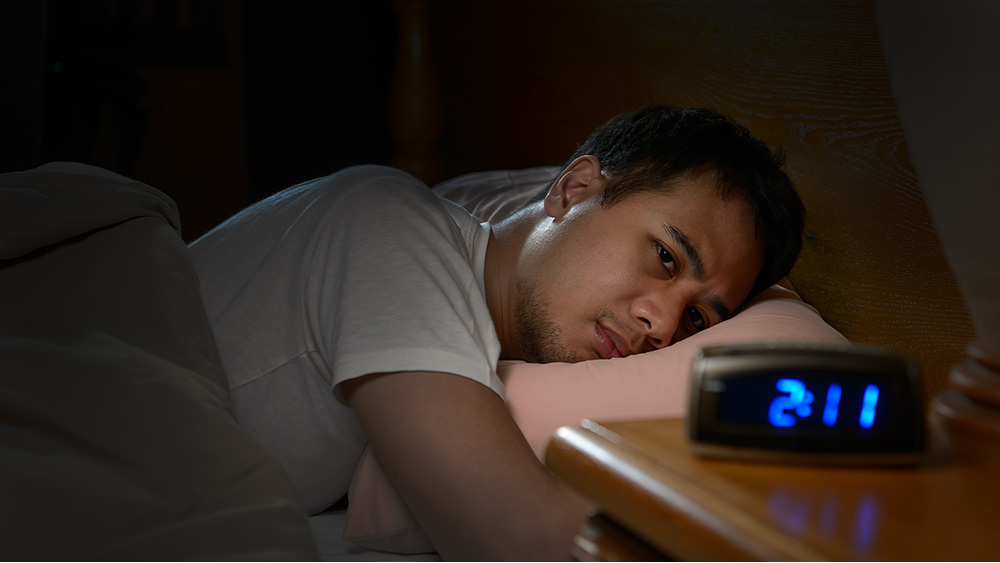
Samsung Global Sleep Study Reveals We Might Not Be Sleeping As Well As We Think
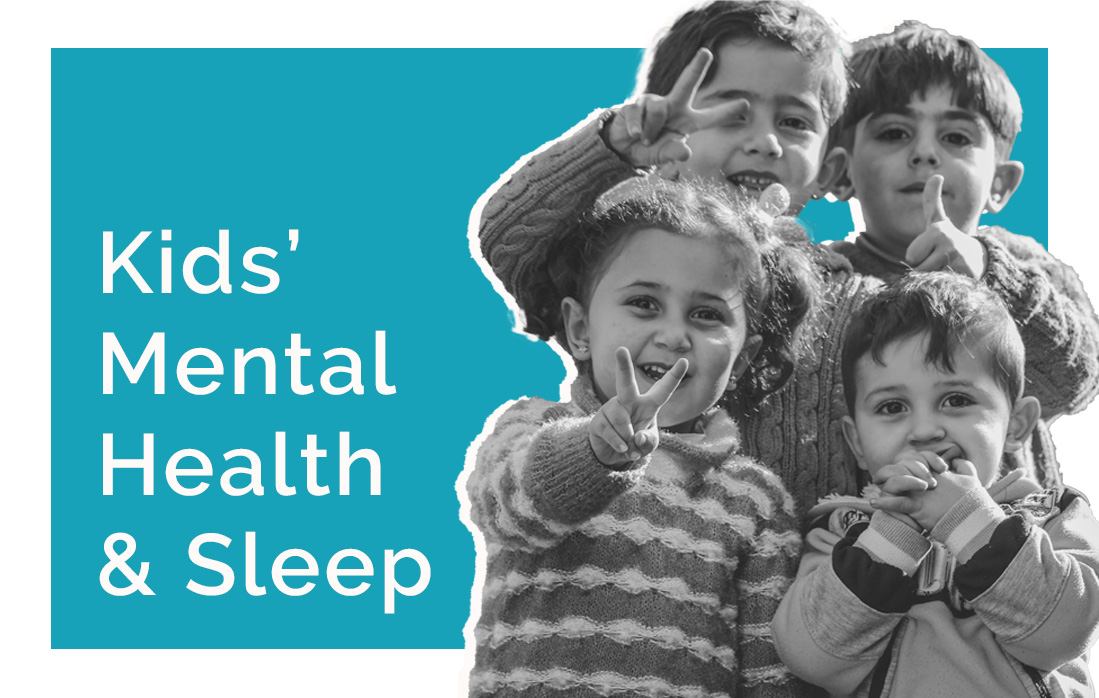
A Complete Guide to Kids’ Mental Health and Sleep
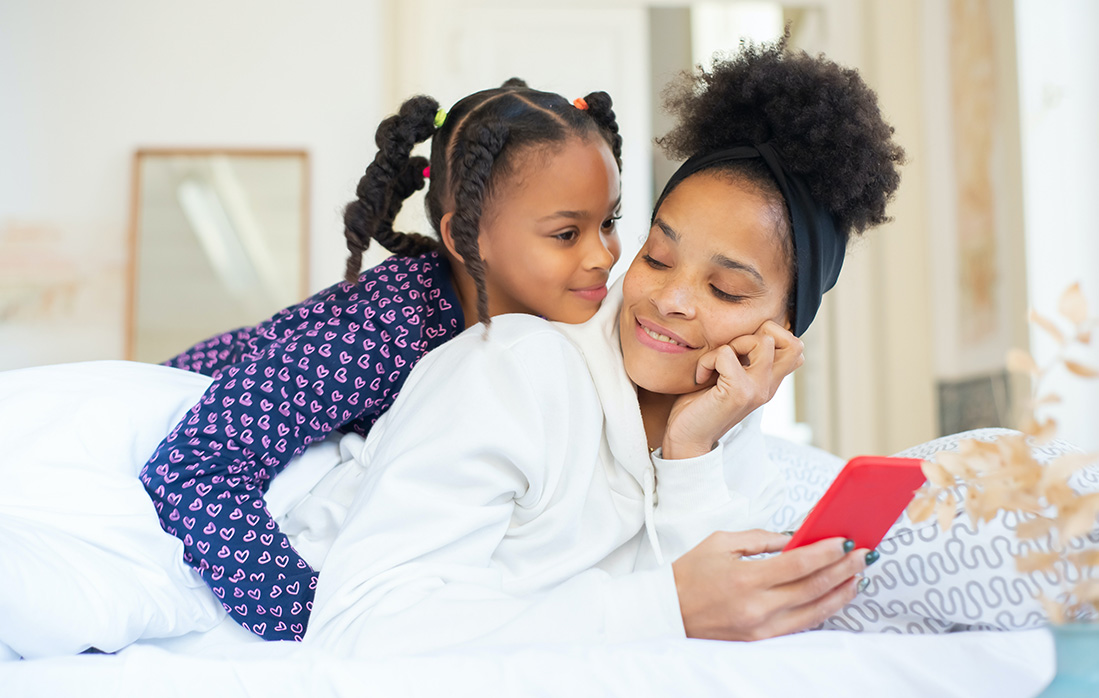
13 Sleep Tips for Kids From Parents Who Have Been There
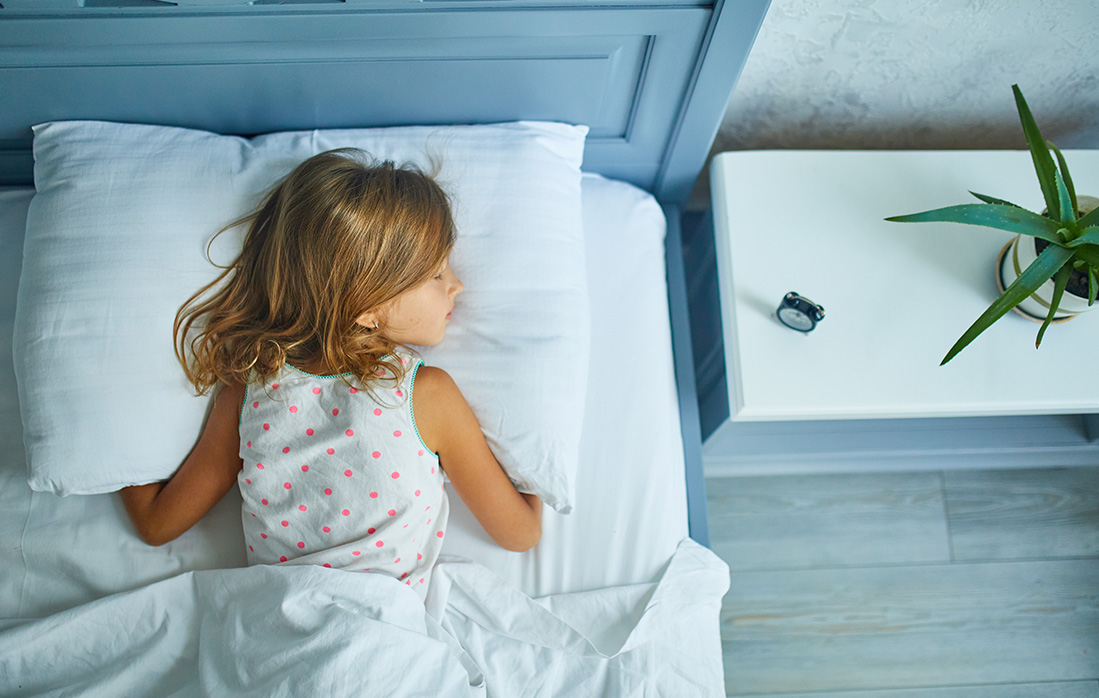
Almost Half of Parents Have Given Their Children Melatonin to Sleep, New Survey Shows
Sources
1. “Calm presents The Snooze Report: a study on sleep in the US and UK,” calm.com; https://www.calm.com/blog/the-snooze-report. October 30, 2024.
Shapero, Talia. Author interview. October 2024.
Jain, Vikas. Author interview. October 2024.
Patrick, Kali. Author interview. October 2024.


























